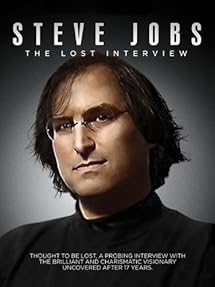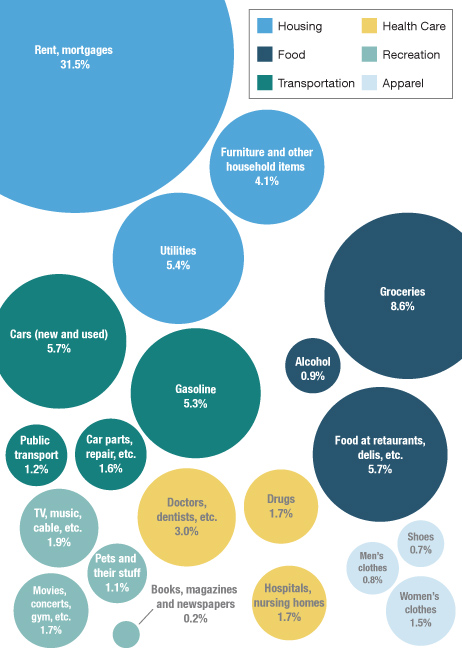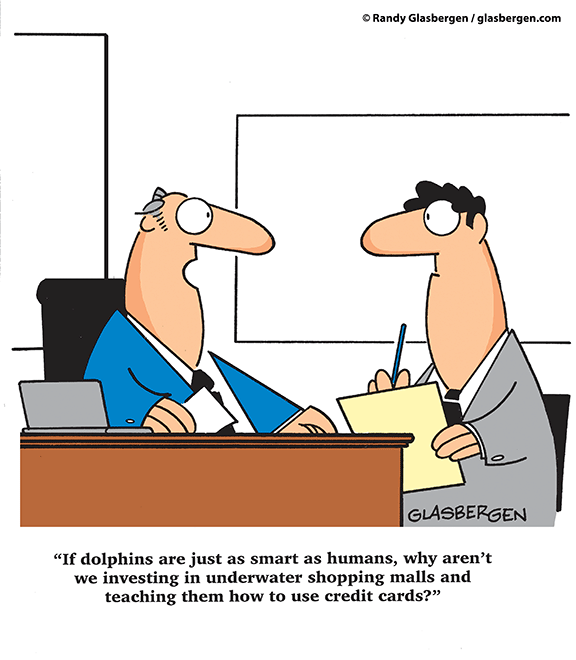AN IDEA WHOSE TIME HAS COME!
BACKED BY DARPA, THE SKUNK WORKS AND PIASECKI AIRCRAFT GET TOGETHER TO DESIGN AND PRODUCE A ‘FLYING CAR’—WHICH IS REALLY A ‘FLYING CRANE’

Piasecki Aircraft is an extraordinarily interesting company which was established by rotary aircraft pioneer, Frank Piasecki—who is arguably best known for developing the helicopter which ultimately led to that backbone of the U.S. Army, the CH-47 Chinook.
You’ve forgotten what it looks like? I’ve inserted a photo below to jog your memory.
Frank Piasecki’s contribution to rotary aviation was vast—and much of it was, arguably ahead of its time (by decades in some cases). Simply put, aircraft development is extremely expensive, and if the military didn’t have a requirement at the time, well then—on to the next concept.
Frank Piasecki was a compulsive inventor, a genius, and a brave man. He had the guts to test fly his own aircraft when they were still in development.
One area where Piasecki did a great deal of work was on ducted fans. His idea was to use ducted fans to power a sort of flying jeep. You will see an example of a ducted fan in the top photo.
Wiki describe a ducted fan as follows:
A ducted fan is a propulsion arrangement whereby a fan, which is a type of propeller, is mounted within a cylindrical shroud or duct. The duct reduces losses in thrust from the tips of the props, and varying the cross-section of the duct allows the designer to advantageously affect the velocity and pressure of the airflow according to Bernoulli's Principle.
DARPA have been pushing rotary aircraft development, and now they are backing a team made up of Lockheed Martin’s famed Skunk Works and Piasecki to develop and manufacture a protype of a ‘flying car’—only this time they are separating the flying part from the vehicle, so that, in effect, the ‘flying crane’ will be able to lift anything—a car, a cargo pod, or whatever. And it will be able to fly autonomously (no pilot or crew). It will also be able to carry a 4-person payload and fly 250 nautical miles on one tank of fuel.
The program is called Transformer (TX). Is the concept scalable? I suspect we are going to find out.
I am keenly interested in rotary aircraft, as regular readers will know, but I have also have been a supporter of Piasecki for some time, and even had the honor of working on a previous DARPA project as a consultant.
I am thrilled by this latest news, and wish the current Piasecki management, Frank’s sons, every good fortune. It is about time that the Piasecki name was in the news again. It deserves to appear more often.

 Gore Vidal has long been one of my favorite authors—as well as one of the wittiest. Recent, I ran across a quote from him in that truly admirable blog,
Gore Vidal has long been one of my favorite authors—as well as one of the wittiest. Recent, I ran across a quote from him in that truly admirable blog,  I wrote about Steve Jobs recently, but forgot to mention that he made one point of particular interest to me—which I will explain in a moment.
I wrote about Steve Jobs recently, but forgot to mention that he made one point of particular interest to me—which I will explain in a moment.
 I watched STEVE JOBS: The Lost Interview last night on Netflix—and was hugely impressed by the sheer clarity of the man’s mind. Most of us don’t think too clearly, and many of us don’t seem to think at all—except in the context of what we need to do to survive.
I watched STEVE JOBS: The Lost Interview last night on Netflix—and was hugely impressed by the sheer clarity of the man’s mind. Most of us don’t think too clearly, and many of us don’t seem to think at all—except in the context of what we need to do to survive. Today I wrote 4,200 words—in addition to blogging. That equates to over 1.5 million words a year which is really going some. Doubtless Edgar Wallace did better, but he dictated.
Today I wrote 4,200 words—in addition to blogging. That equates to over 1.5 million words a year which is really going some. Doubtless Edgar Wallace did better, but he dictated.

 I am experiencing a good run of work. True, I’m old enough to have retired four years ago (I’m 69) but confess I greatly enjoy my work—particularly if I’m writing (almost anything). What else could any sane human being want to do?
I am experiencing a good run of work. True, I’m old enough to have retired four years ago (I’m 69) but confess I greatly enjoy my work—particularly if I’m writing (almost anything). What else could any sane human being want to do? 





 I have spent today trying to catch up with my blogs. I won’t succeed completely, of course, but my hope is to get my recent blogs up to date by the close of the weekend. As of this last week, I am currently missing Monday, Wednesday, and Thursday.
I have spent today trying to catch up with my blogs. I won’t succeed completely, of course, but my hope is to get my recent blogs up to date by the close of the weekend. As of this last week, I am currently missing Monday, Wednesday, and Thursday. It is my belief that one of the greatest obstacles to informed discourse of how we live—or should live—is distraction rather than outright lies.
It is my belief that one of the greatest obstacles to informed discourse of how we live—or should live—is distraction rather than outright lies.  You might enjoy the following from Col D. G. Swinford, USMC, Ret and history buff. You would really have to dig deep to get this kind of ringside seat to history:
You might enjoy the following from Col D. G. Swinford, USMC, Ret and history buff. You would really have to dig deep to get this kind of ringside seat to history:  Saturday is my self-appointed day of rest so you may well wonder why I work for a couple of hours before sleeping again.
Saturday is my self-appointed day of rest so you may well wonder why I work for a couple of hours before sleeping again.  I tend to hunt down experts if I want to know something for a book—and in the process have met some remarkable people, many of whom subsequently became friends.
I tend to hunt down experts if I want to know something for a book—and in the process have met some remarkable people, many of whom subsequently became friends.
 Fortunately, I had taken the precaution of making myself known to the police in Ireland—and the local garda (the Irish police are known as the Garda Siochana) sergeant where I lived was a friend. He was a rather amazing man called Vincent Bergin from Cappoqin, Co. Waterford.
Fortunately, I had taken the precaution of making myself known to the police in Ireland—and the local garda (the Irish police are known as the Garda Siochana) sergeant where I lived was a friend. He was a rather amazing man called Vincent Bergin from Cappoqin, Co. Waterford.

